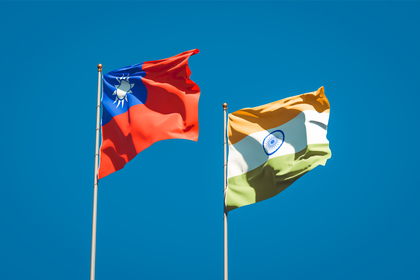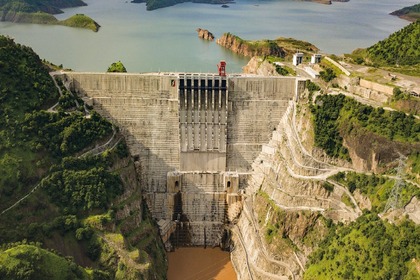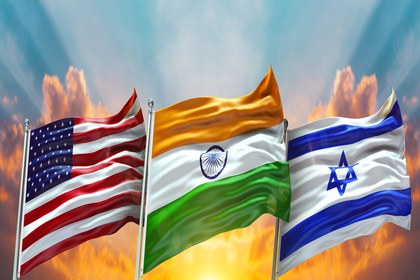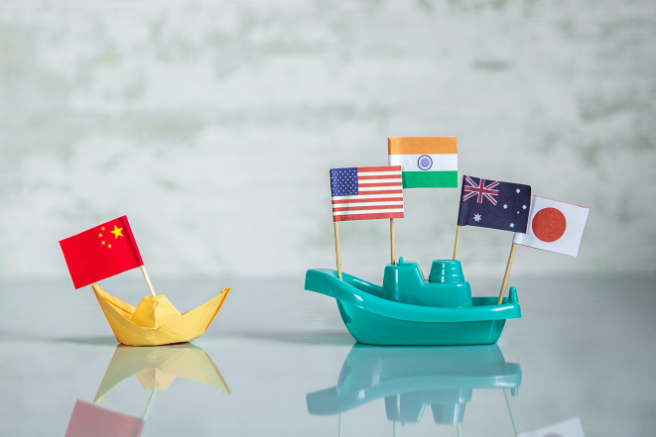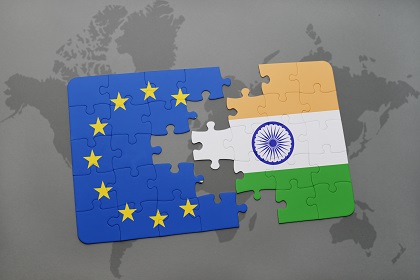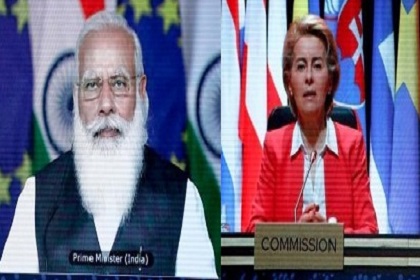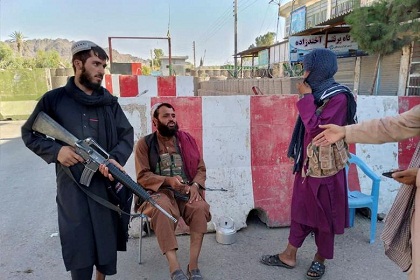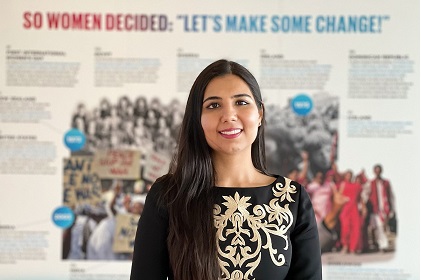India can support Taiwan at the WHA
Taiwan was one of the few countries to successfully contain COVID-19 during the pandemic. But China's influence led to Taiwan losing its observer status in the World Health Assembly (WHA), the WHO's decision-making body, in 2017, preventing learnings from Taiwan to be implemented. The G7 and Japan have already backed Taiwan’s reinstatement. India can use its chairmanship of the WHA to rally more support and change the status quo.

